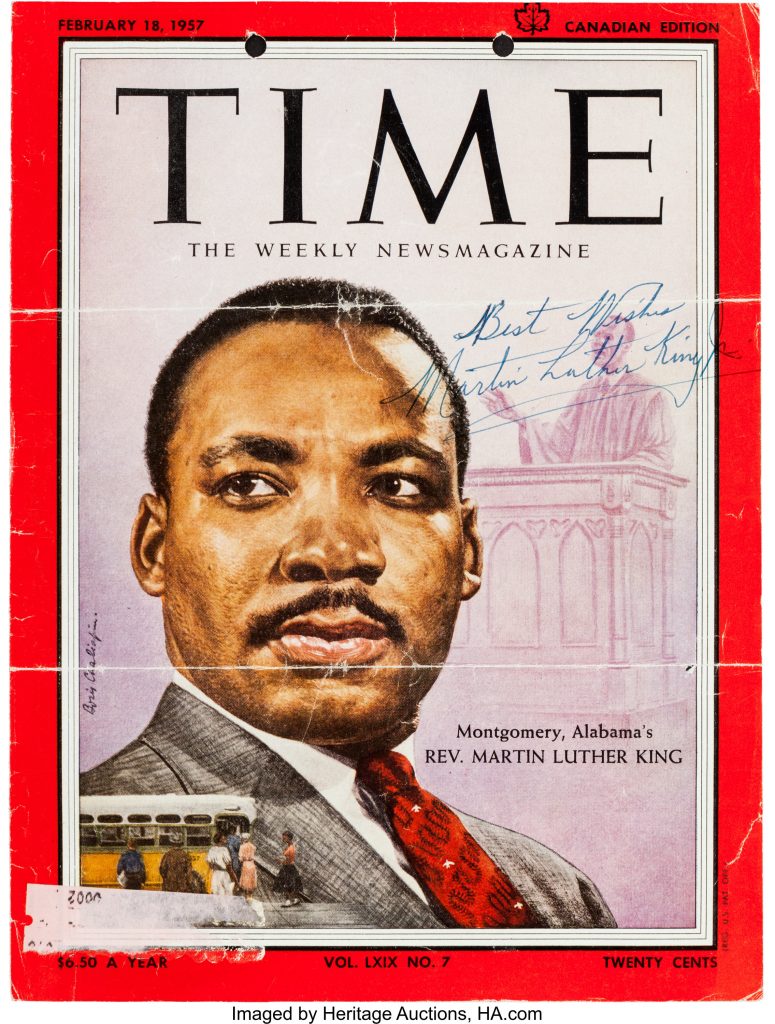
By Jim O’Neal
In the two decades following WW2, the African-American struggle for civil rights lacked focus and broad support. Americans had spent four long years fighting a bitter war to free the world from tyranny and were now intent on resuming a peaceful recovery. However, in the process of restoring a normal life, they became disgusted by racial segregation and systemic exploitation of minorities. As important legal victories increased, protesters and marchers were helping change attitudes as the basis for faster, more sincere progress.
Alas, irrespective of the legal triumphs and the changes in public opinion, Jim Crow segregation was deeply embedded in the Deep South and portions of the West. Discriminatory laws generally targeted Latinos and American Indians, in addition to African-Americans. All levels of state government often failed to honor court decisions, while civil rights workers were subjected to mob violence that even included law enforcement officers.
Finally, on Aug. 28, 1963, the largest civil rights protest in American history occurred when 250,000 people gathered on the National Mall in Washington, D.C., to begin “The March on Washington for Jobs and Freedom” (later known simply as “The March”). The highlight of the day was a 15-minute closing speech by the Rev. Martin Luther King Jr.
In it, King offered his version of the American Dream, drawing on the Declaration of Independence, the Constitution and the Emancipation Proclamation. It was quickly to become known as the “I Have a Dream” speech. The Dream included a hope that people “will not be judged by the color of their skin, but by the content of their character,” that black and white children could “join hands … and walk together as sisters and brothers,” and that “the sons of former slaves and the sons of former slave owners will be able to sit down together at the table of brotherhood.”
MLK cautioned the nation there was still a long way to go. He cited the broken promises Americans made after the Civil War. Slavery was gone, but vicious racism still existed in general society. He said bluntly, “One hundred years later, the life of the Negro is still sadly crippled by the manacles of segregation and the chains of discrimination.” King also highlighted the curse of widespread poverty during an era of postwar prosperity. He closed by exhorting white Americans to strive for a realization of the cherished phrase “Let Freedom Ring” and join in the old Negro spiritual that proclaimed “Free at last! Free at last! Great God a-mighty, we are free at last!”
The March on Washington was pivotal in the passage of the 1964 Civil Rights Act, which eliminated segregation and began dismantling Jim Crow practices.
On Nov. 21, 1963, Lyndon Baines Johnson, the eighth vice president to assume the nation’s highest office following the death of a president, was better prepared to take command than any of his predecessors. Despite the personal disrespect and abuse from the elitist Kennedy crowd (especially RFK), LBJ was a master politician, serving 24 years as a representative and 12 years as a senator. As Majority Leader, he was truly “Master of the Senate,” as biographer Robert Caro has written so carefully.
The new president stayed in the background as the nation grappled with the enormous grief that engulfed Kennedy’s family and the people during funeral services for the slain president. Then, five days after the assassination – on the day before Thanksgiving – Johnson addressed a special joint session of Congress. He challenged them to honor Kennedy’s memory by carrying forward the dead president’s New Frontier program, saying “Let us continue.”
He asked for early passage of a new civil rights bill “to eliminate from the nation every trace of discrimination and oppression that is based on color or race.” Congress responded by passing every law LBJ pleaded for. Yet, over 50 years later, our streets are filled with a new generation, with new demands, as Congress is deadlocked once again. So, no new laws…
Perhaps Cassius was right after all: “The fault, dear Brutus, is not in our stars, but in ourselves.” (William Shakespeare’s Julius Caesar).
 Intelligent Collector blogger JIM O’NEAL is an avid collector and history buff. He is president and CEO of Frito-Lay International [retired] and earlier served as chair and CEO of PepsiCo Restaurants International [KFC Pizza Hut and Taco Bell].
Intelligent Collector blogger JIM O’NEAL is an avid collector and history buff. He is president and CEO of Frito-Lay International [retired] and earlier served as chair and CEO of PepsiCo Restaurants International [KFC Pizza Hut and Taco Bell].
